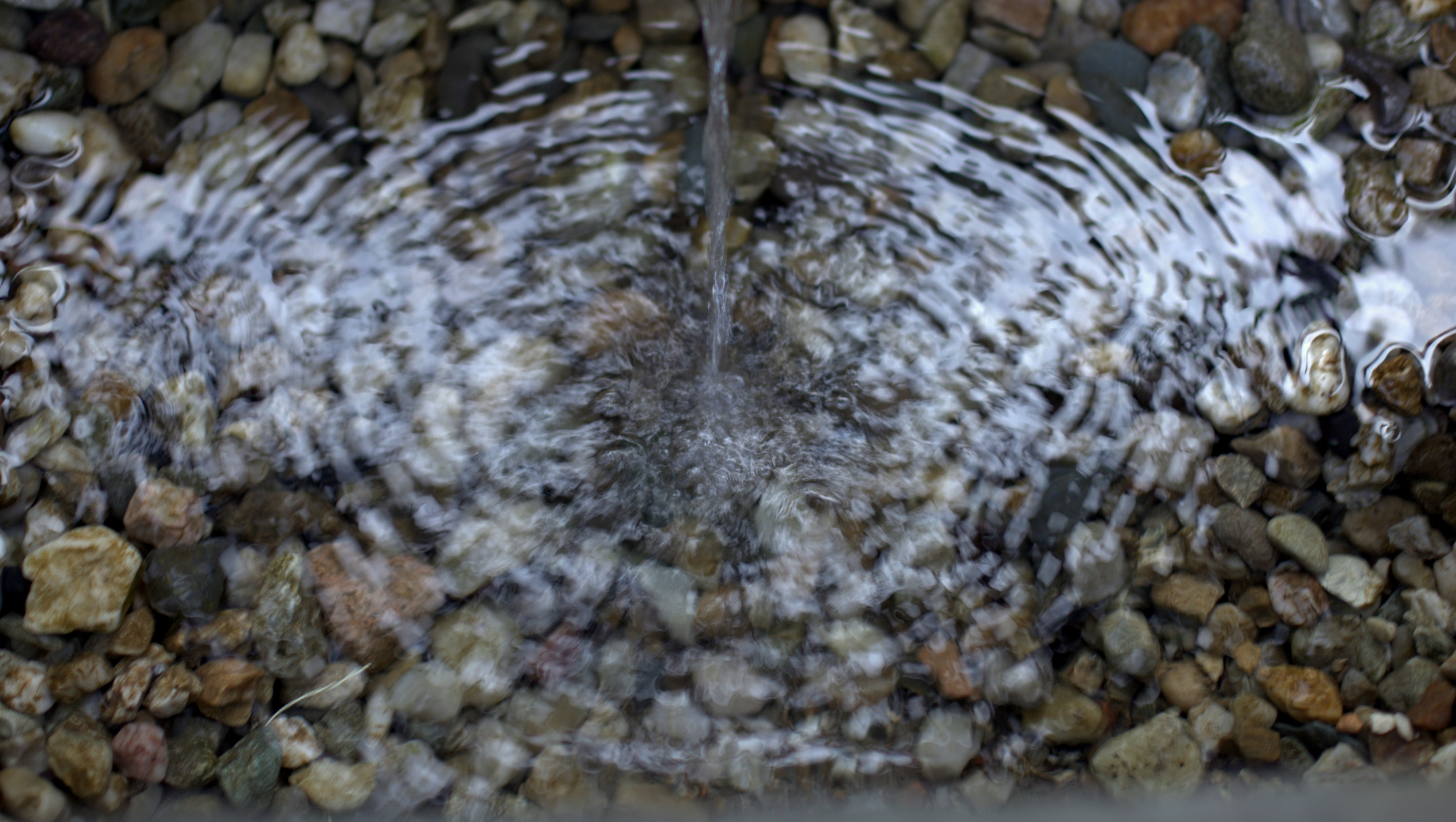Recently The Atlantic ran a good article on the importance of building a backup system for GPS. It is worth reading and brings up the important point that often a successful technology can grow in importance far outside its original purpose.
However, the author wasn’t content to argue the point on its merits, he also thought it necessary to scare us into doing the right thing. He did that by dragging out the biggest space disaster human civilization has actually survived, the Carrington Event of 1859.
The Carrington Event was a solar flare, a huge one, that hit the Earth in September 1859. So much electrical energy was dumped into the Earth’s atmosphere that the polar aurora was seen as far south as Baltimore. Telegraph wires channeled the electricity, shocking operators and starting fires in telegraph offices.
We survived because we didn’t rely on the power grid (or GPS satellites) as much as we do today. In comparison, a smaller flare knocked out a good portion of Canada’s electrical grid in 1989. But one of the things that didn’t fail in 1989 was the GPS system.
In 1989 the full constellation of GPS satellites had not yet been launched. The GPS system is designed to have at least 24 satellites in orbit at the same time. We currently have 31, at the time of the 1989 flare, there were probably 10 or 11 in orbit. Several of those would have been directly exposed to the geomagnetic storm. And they didn’t die.
Further, not every solar storm is going to hit the Earth. A 2012 event considered as large as the Carrington Event missed us by a week. So the danger of a solar flare is not just the size of the flare, but must be multiplied by the odds of it hitting us.
This is easy to explain, as I just did. But rather than do that the Atlantic article chooses instead to focus on one estimate that Carrington-size events might happen with a 12% chance within the next decade. Scary! Until you dig a bit and find out that that estimate was actually 2%-12% in the original but journalists have focused entirely on the high end of the range.
Focused on the high end, and ignored the “must be headed our direction to do damage” part of the story.
Should we have a backup for GPS? Yes. Do we need to scare ourselves into taking action? No. Journalistic scare tactics can backfire in politically charged debates, actually reducing the chances that action will be taken. In this case, the evidence is that GPS can survive solar flares and really bad flares have low odds of hitting the Earth.



Recent Comments